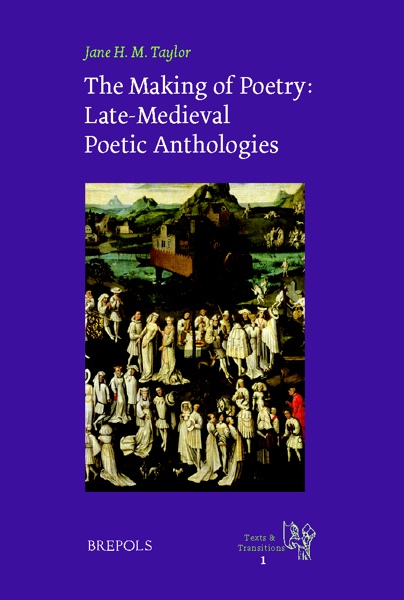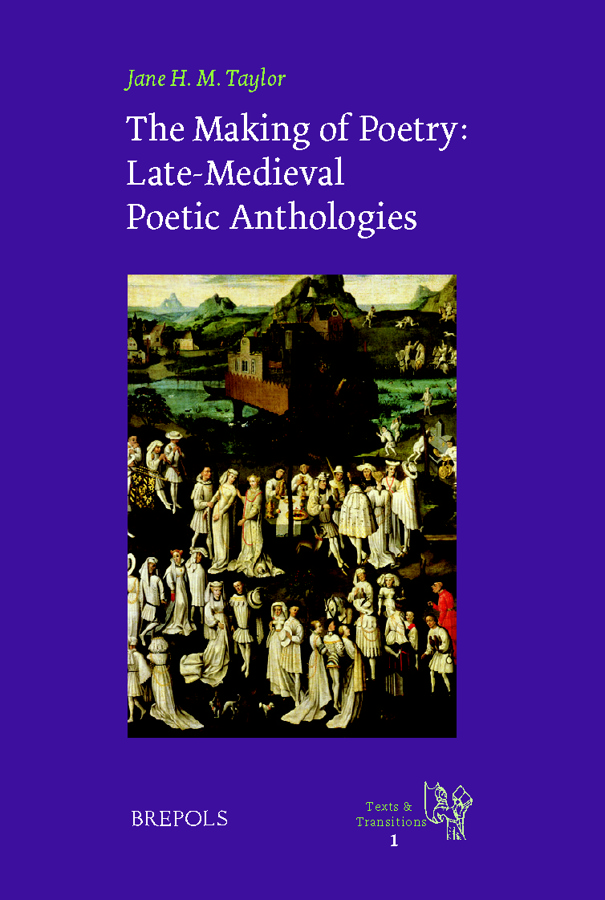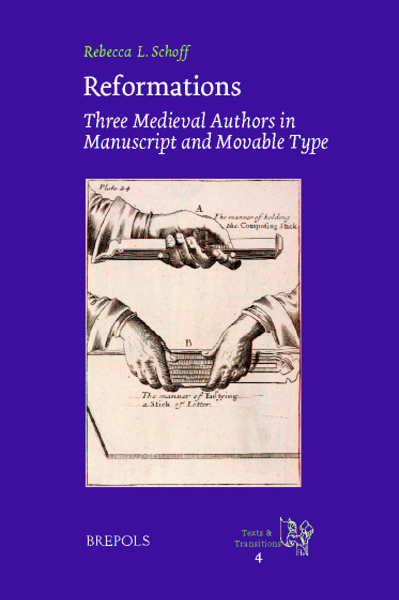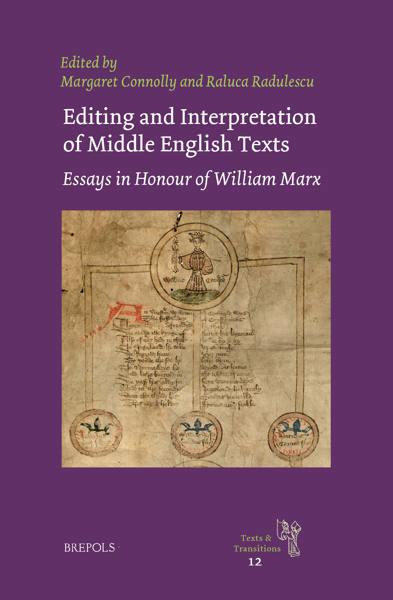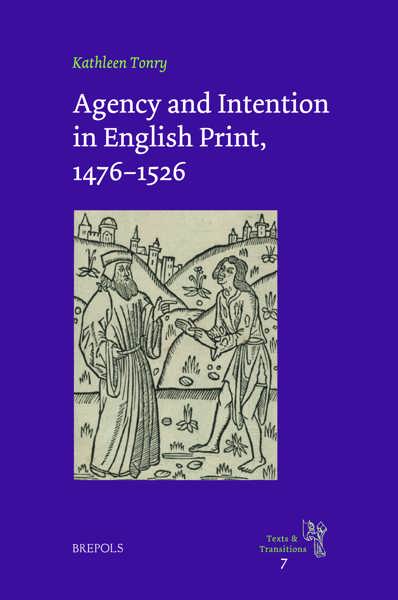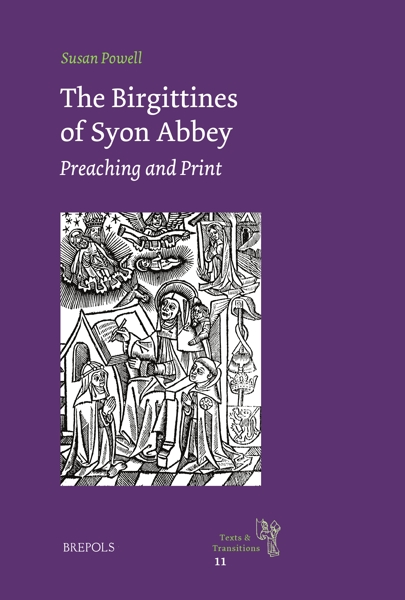
- Pages: 310 p.
- Size:160 x 240 mm
- Illustrations:24 b/w, 7 tables b/w.
- Language(s):English, French
- Publication Year:2007
- € 55,00 EXCL. VAT RETAIL PRICE
- ISBN: 978-2-503-52072-8
- Hardback
- Available
- € 55,00 EXCL. VAT RETAIL PRICE
- ISBN: 978-2-503-56173-8
- E-book
- Available
“Taylor does great service to the medieval lyric and to manuscript studies by bringing Bourdieu's insights, coupled with rigorous textual scholarship, into medieval France. Her book should prove valuable to medievalists and early modernists from a number of disciplines.” (Christopher Callahan, in: The Medieval Review)
"Par la richesse de son information, par la rigueur de l'argumentation, par l'utilisation raisonnée de notions empruntées à la sociologie (notamment à Bourdieu), le livre de J. T[aylor] est non seulement indispensable à tous les spécialistes de lyrique tardive, mais il constituera plus généralement une leçon de méthode pour l'analyse des textes conservés dans des recueils." (F. Duval dans Le Moyen Âge, CXIV, 2008, p. 401)
"The making of Poetry is, in a sum, a landmark book, characterized by the kind of assurance and mastery of its subject that only prolonged of experience in the field can bring." (K. Busby in: Encomia, vol. 29-30, p. 53)
In this ground-breaking book, Jane H. M. Taylor explores some late-medieval lyric anthologies. Taking a cue from the French sociologist, Pierre Bourdieu, she sets poetic creation in the context of an understanding of the structures of court society, and sketches the range of social, intellectual and aesthetic positions available to the poet and the patron. Her primary focus is on a series of manuscripts which, she argues, reveal much about the socioliterary dynamics of particular poems, and about the way in which they are vessels for the participation by individuals in a common culture of literary exchange: Charles d'Orléans's personal manuscript, BNF français 25458, in which, she argues, the poets leave implicit or explicit traces of their social interactions; his duchess Marie's album, Carpentras 375, which is interestingly different from the Duke's; BNF fr. 9223 and n.a.f. 15771, 'coterie' manuscripts which allow us to see how social milieu determines shared literary forms and conventions; Marguerite d'Autriche's Album poétique, Brussels BR 10572, an anthology which is a cultural commodity allowing a princely court to recognise stylistic expertise and control of form. She finishes by examining the first great French poetic anthology, Antoine Vérard's Jardin de Plaisance (1501), which seeks to recreate, knowingly and imaginatively, via rubrics, illustrations, and choice of texts, the elite sociability for which the other anthologies are evidence.
